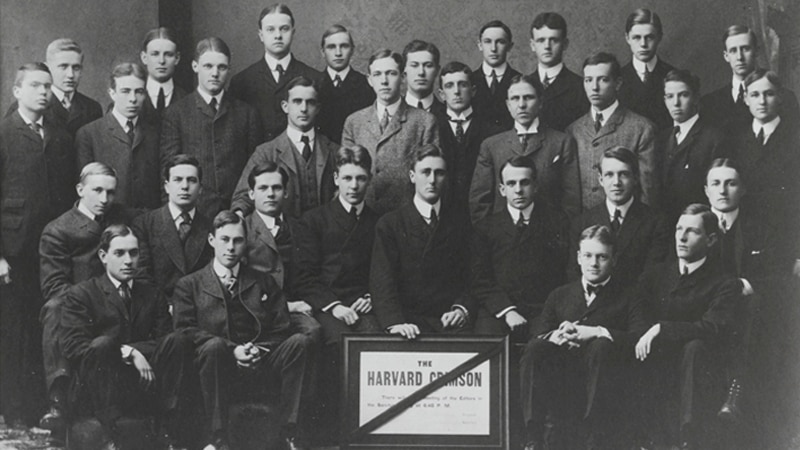Goldman Sachs Advises British Candymaker Facing Historic Takeover Bid
In 1988, Goldman Sachs advises UK confectioner Rowntree when it is the target of the largest takeover battle in British corporate history.
In 1988, British financial markets were bustling following the “Big Bang” deregulation ushered in two years prior under Margaret Thatcher. That same year, York, England-based chocolate and candymaker Rowntree PLC faced hostile takeover bids from two Swiss confectionery giants: Nestlé S.A. and Jacobs Suchard AG.

The takeover battle was, at that point, the largest in Britain’s corporate history. It began with a press release issued by Jacobs Suchard’s bankers stating the company’s intention to take a 25 percent stake in the maker of Kit-Kat candy bars, with the caveat that it would not launch a bid for the company for at least a year unless another party made an offer for Rowntree. Rowntree responded with its own release the same day, indicating that it found Jacobs’ offer “wholly unwelcome.” After Nestlé presented a bid of GBP2.1 billion (US$3.9 billion), a bidding war escalated.
Goldman Sachs and British merchant bank J. Henry Schroder Wagg & Co. advised Rowntree in the process, which was completed when Nestlé acquired Rowntree for GBP2.56 billion (US$4.5 billion). At the time, Goldman Sachs was the number one M&A advisor in Great Britain, having advised on deals valued at approximately US$13.84 billion–the first time an American bank held this position.
Goldman Sachs had been operating in London since 1970 and had worked on several large-scale privatizations in the country in the mid-1980s including British Gas and British Petroleum (and also the latter’s GBP2.51 billion takeover of Britoil in 1988). Post-“Big Bang,” many US banks focused heavily on the Eurobond market, but Goldman Sachs sought out M&A and underwriting opportunities and worked extensively with British and other European companies to expand their defense strategies, seeking to build relationships with companies and serve them in a multitude of ways.




